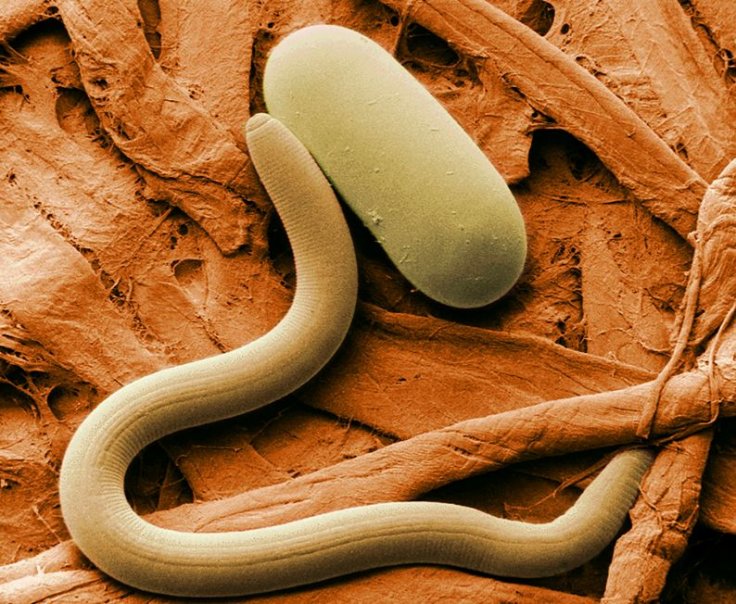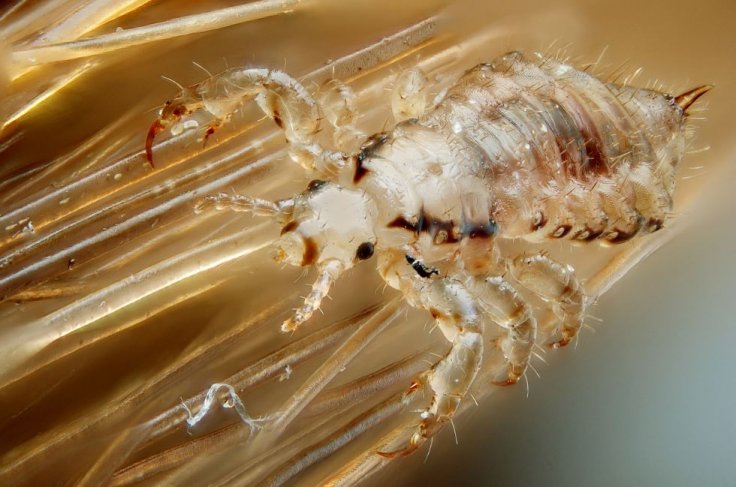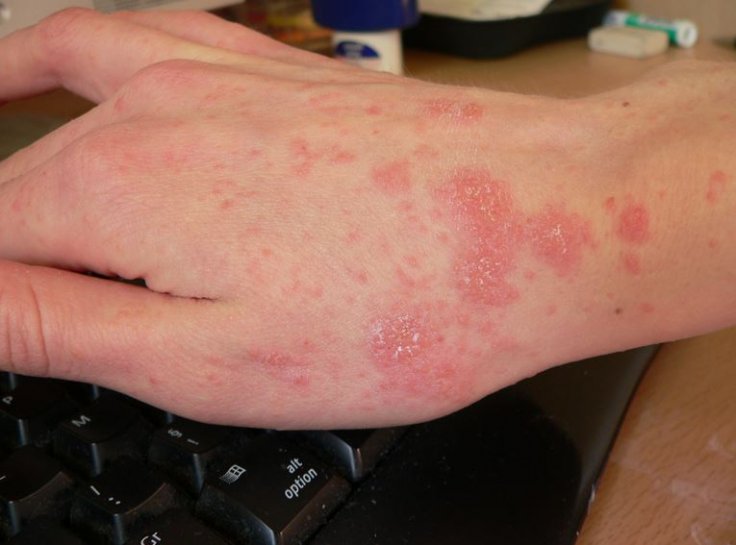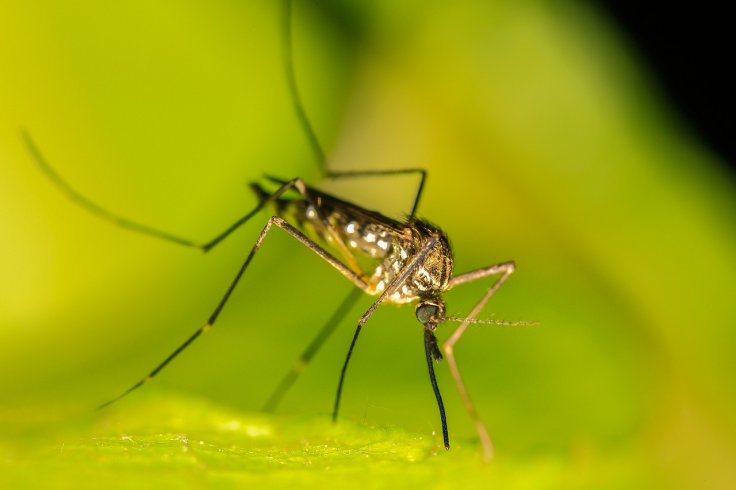Over the past three months, the race to develop a cure and vaccine to stop the charge of COVID-19 has intensified. From finding novel cures to repurposing existing drugs, scientists are leaving no stone unturned to find the ideal treatment against the coronavirus. However, a recent study by Australian researchers offers some hope in the form of a commonly prescribed anti-parasitic, Ivermectin.
The study found that the drug, which is used to treat common skin and parasite-caused ailments such as lice infestation and scabies, wiped out the SARS-CoV-2 virus within 48 hours in 'In Vitro' tests. This not only presents a possible treatment option but can also save time and thousands of lives. Importantly, research has shown that this drug can serve multiple medical purposes. So what is this 'wonder drug'?
Ivermectin- The 'Wonder Drug'
It was discovered in 1975 by Satoshi Ōmura of Kitasato University and William C. Campbell of the Merck Institute for Therapeutic research. Derived from Avermectin—a class of drugs used to treat parasitic worms and pests—it was commercially introduced in 1981. It is considered the world's first endectocide—an anti-parasitic compound that can act on parasites found both inside the body and on its surface.

Initially used for veterinary purposes, the drug was successful in countering lungworms, gastrointestinal roundworms, horn flies, lice and mites in animals, and now sees widespread use in pets and cattle. Its first human application was in 1988 when it was used to treat onchocerciasis. Since then, the drug has been adapted for the treatment of several diseases caused by parasites in human beings.
What is it used for in human beings?
Ivermectin is used to treat a wide range of parasitic infestations. Some common conditions that are treated using the drug are scabies and head lice. It is also used against other human parasitic diseases such as onchocerciasis (river blindness), ascariasis, strongyloidiasis, and trichuriasis, that are caused by parasitic worms such as roundworm, and whipworm, among others.

Action of the drug
The drug's mechanism of action appears to be the paralysis and killing of the worms. It promotes the uncontrolled release of neurotransmitters in the nervous system of the worms. This is believed to paralyze them. It is also said to kill the offspring produced by the adult worms, along with decreasing the rate at which they reproduce. In human beings, Ivermectin acts on the neurotransmitters in the brain. However, the blood-brain barrier—a semi-permeable protective barrier—prevents Ivermectin from reaching the brain.
Use and side effects
Ivermectin is consumed orally as a tablet. Depending on the condition that is being treated, the dosage varies and is available only on prescription. It can interact with warfarin, an anticoagulant, and increase the risk of bruising and bleeding when taken together.

Some of the most common side effects of the drug include:
- rashes, itching, and fever
- headache, dizziness and muscle ache
- nausea and diarrhea
- Pain and tenderness of glands in armpits, neck, or groin
- drowsiness or sleepiness
- loss of appetite
- swelling of the arms, face, feet, hands or legs
- rapid heart rate
A drug of many prospects
While Ivermectin is most commonly known and used for its anti-parasitic properties, research has shown that the drug has the potential to serve a diverse range of therapeutic needs. A study by researchers from the University of Helsinki and the University of Bonn Medical Centre, found that the drug exhibited potent antiviral action against the Chikungunya virus and other alphaviruses.
In a Lancet study, it was gleaned that the mass administration of the anti-parasitic reduced the incidence of malaria in children aged five or lower. The drug was found to be anti-malarial in a study by scientists from the Liverpool School of Tropical Medicine as well. When administered along with a common anti-malarial drug, Dihydroartemisinin-piperaquine, the mosquitoes feeding on the blood of the patients died.

Researchers from the University of British Columbia learned in a study that the drug effectively killed the bacteria that caused TB, including those strains that had developed drug resistance. Along with anti-bacterial and anti-viral properties, Ivermectin is also known to exhibit anti-cancer properties. In a study by researchers from Osaka University, it was demonstrated that when combined with medication used to treat epithelial ovarian cancer (EOC), it enhanced the effect of the medicines used.
A potential weapon against COVID-19?
The study which found that Ivermectin could eradicate SARS-CoV-2 under laboratory conditions, was a collaboration between Monash University's Biomedicine Discovery Institute (BDI) and Peter Doherty Institute of Infection and Immunity (Doherty Institute). While it found that the drug destroyed the virus' genetic material and the virus itself in 48 hours, only further research can enable the replication of the results in human beings.
"Ivermectin is very widely used and seen as a safe drug. We need to figure out now whether the dosage you can use it in humans will be effective - that's the next step," said Dr. Kylie Wagstaff, lead author of the study, in a statement.









